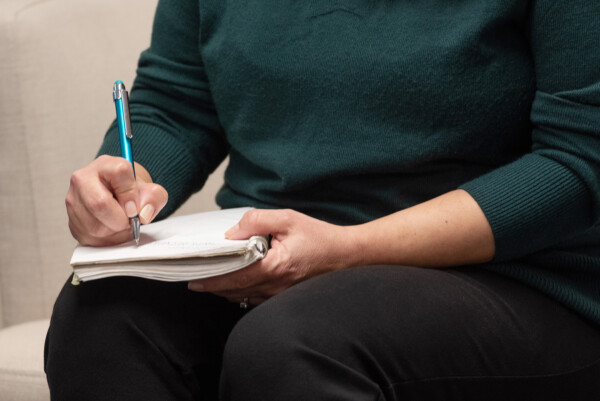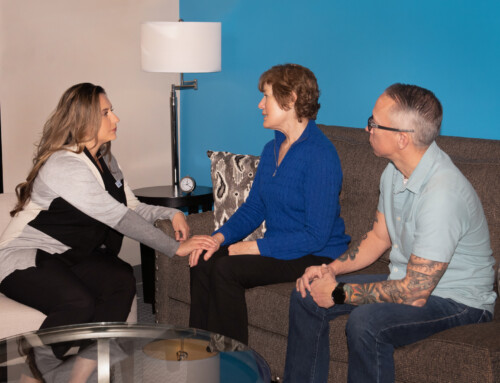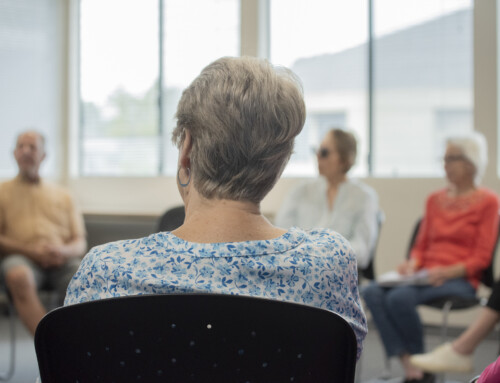It’s okay to ask for help
Taking care of yourself is one of the most important things you can do for the person you are caring for. As the saying goes, “you cannot pour from an empty cup.” This means “filling your own cup first” or finding ways to preserve your own energy before putting effort towards another.
All too often, care partners find themselves in poor health, overwhelmed, and physically and emotionally exhausted. There is no better time than now to start taking care of yourself.
Self Care Ideas
- Join an Alzheimer’s San Diego support group. These groups offer a wealth of information, support, and solutions to help you on your journey as a care partner.
- Take a five minute break each day. Rejuvenating your mind and releasing emotions is important for living in the present. Be kind to yourself.
- Connect with friends. Interacting with others, stimulating your brain, and having an outlet to revive yourself are all ways to reduce stress and maintain a healthy lifestyle.
- Schedule time for your hobbies and interests. Doing the things you love will increase your energy levels and help to extend positivity and patience.
- Eat healthy foods. It is easy to eat comfort foods, but they add to fatigue, poor health, and other medical problems. Staying energized and alert will help with cognitive functioning and a healthier heart. You only have one body. Make sure to take care of it.
- Get exercise. If you aren’t able to get out of the house each day, look for ways to stay active in the home through cleaning, gardening, or vacuuming.
- See your doctor on a regular basis. Regular check-ups are a good way to monitor your overall health and alert you if early health intervention is needed.
- Keep your health, legal, and financial information up-to-date. Having a plan in place, in the event that anything happens to you, will ensure the safety of the person you are caring for and can relieve unnecessary stress on you and other significant people in your life.
Your Emotional Health
You may be busy caring for the person living with dementia and do not take time to think about your own emotional health. Caring for a person living with dementia takes a lot of time and effort. Sometimes, you may feel discouraged, guilty, sad, lonely, frustrated, confused, or angry. These feelings are normal. Here are some things you can say to yourself that might help you feel better:
- I’m doing the best I can.
- It’s the disease talking.
- What I’m doing would be hard for anyone.
- I’m not perfect, but that’s okay.
- I can’t control some things that happen. I can only control my reaction.
- I will enjoy the moments when we can be together in peace.
Ways to Ask for Help
Asking for help can be hard, especially if you have always done everything on your own, are not sure what others can help with, or feel as if you are imposing. If you have trouble asking for help, try these tips:
- Ask people to help out in specific ways like making a meal, picking up a prescription, visiting the person living with dementia, or taking the person out for a short time.
- Remember asking is not the same as demanding. Others will communicate whether or not they can support you with what you need.
- Seek help from professional and community services like in-home care, respite options, or adult day programs when you need them.
To find resources in your area, ask to speak to one of our Clinical Care Coaches at 858.492.4400. You can also attend our care partner support groups or attend classes to learn more about the different aspects of dementia and how to care for people living with the disease.





